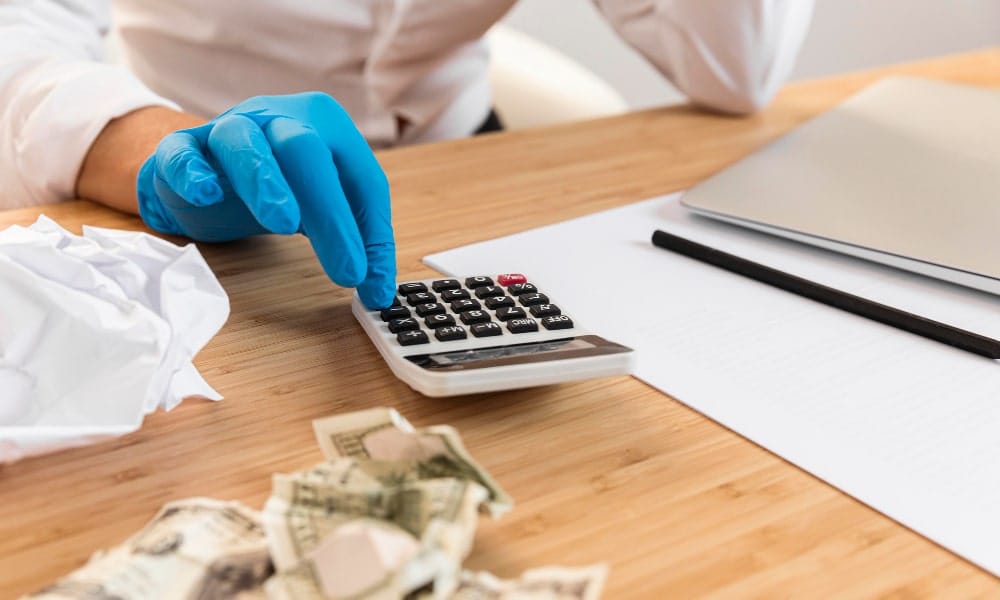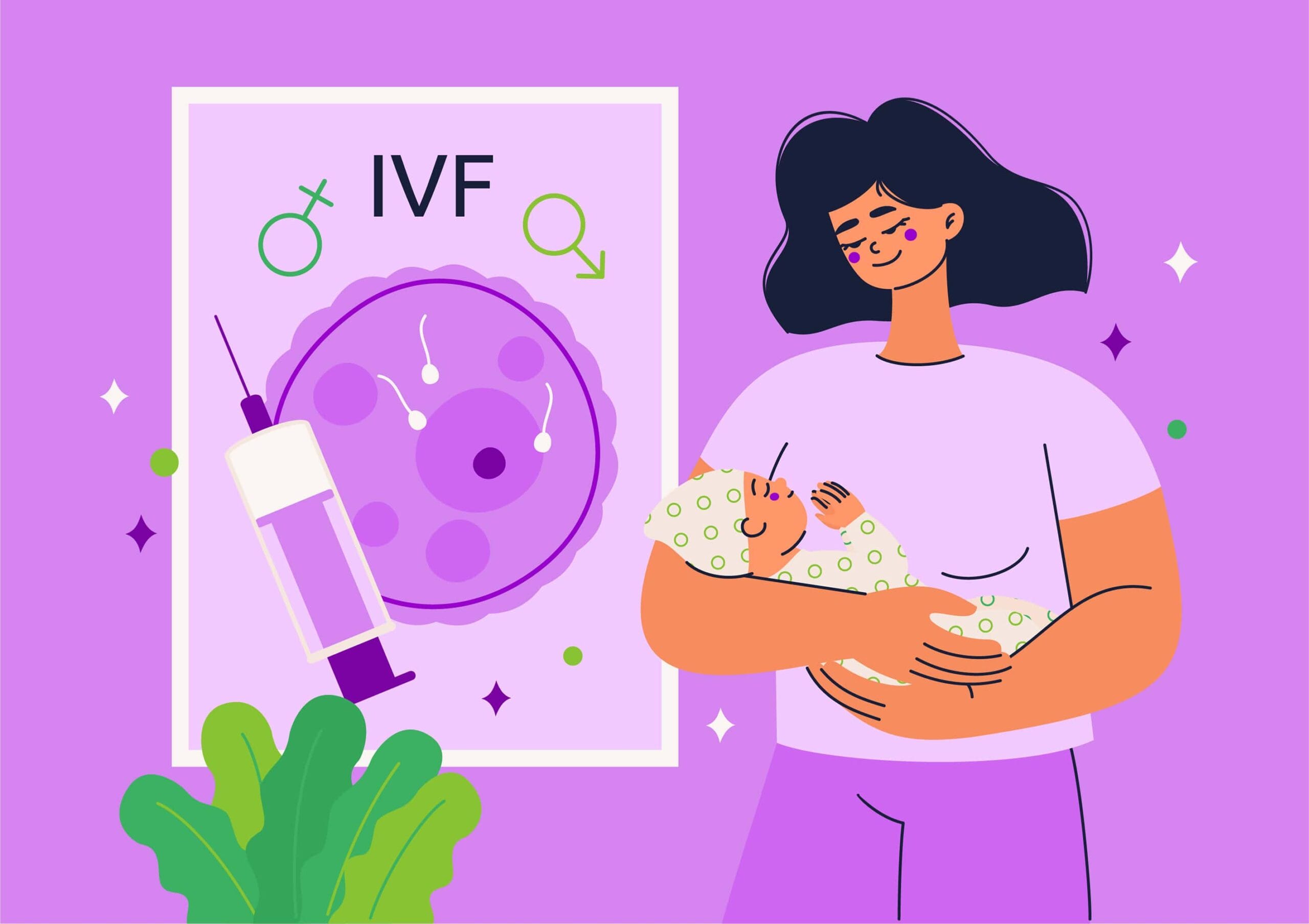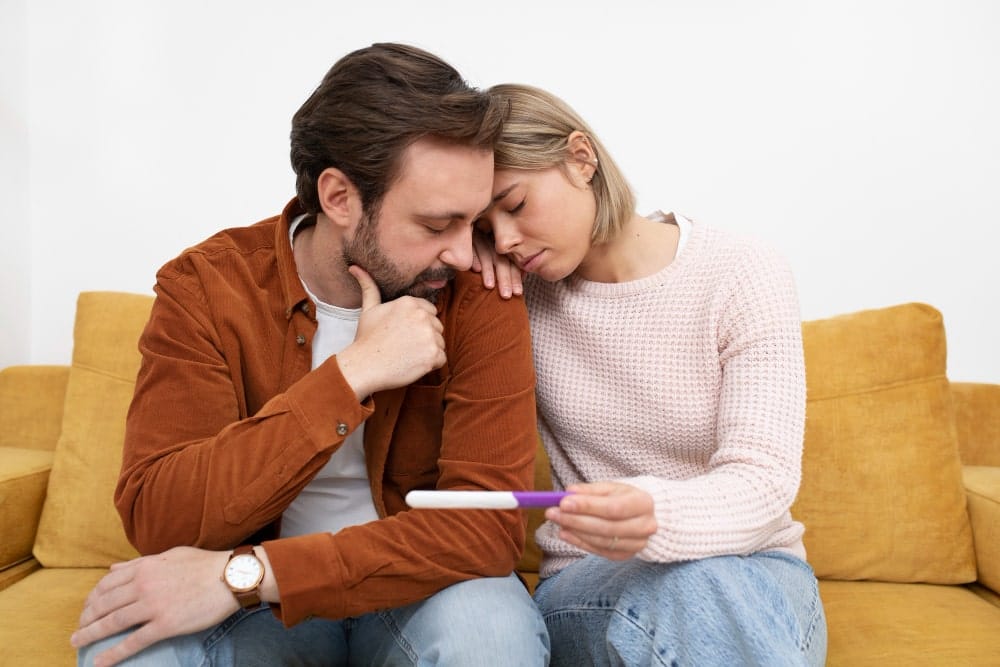Lower back pain is one of the most common ailments affecting millions of people globally. Whether it stems from poor posture, an injury, or chronic conditions like sciatica, the discomfort can disrupt daily life and make even simple tasks challenging. While conventional treatments like physical therapy and medication are commonly used, acupuncture offers a natural, non-invasive alternative that has been practiced for thousands of years. This ancient technique is rooted in Traditional Chinese Medicine (TCM) and focuses on stimulating specific acupuncture points to relieve lower back pain. But how do these points work, and how can they accelerate your recovery? Let’s dive into the transformative power of acupuncture points for lower back pain.
The Power of Acupuncture in Treating Lower Back Pain
Acupuncture is based on the belief that energy, or “qi” (pronounced “chee”), flows through pathways in the body called meridians. When this energy flow is disrupted, pain and illness can occur. By inserting fine, sterile needles into specific acupuncture points, an acupuncturist aims to restore balance and promote healing by improving circulation, reducing inflammation, and alleviating muscle tension.
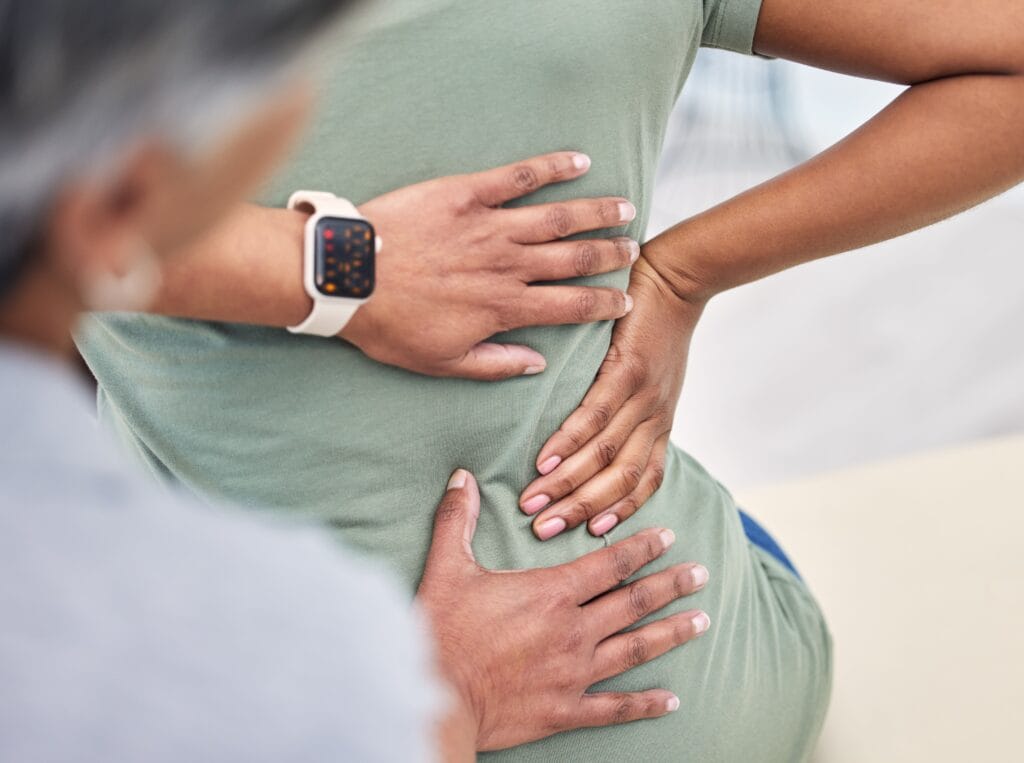
While some may be skeptical about the efficacy of acupuncture, many people swear by its ability to relieve chronic back pain and accelerate recovery. Research supports its effectiveness, especially for managing chronic lower back pain, by stimulating the body’s natural pain-relief mechanisms.
Acupuncture Points for Lower Back Pain Relief
Acupuncture targets specific points in the body that correlate with energy pathways. Below are some key acupuncture points that practitioners often focus on during lower back pain treatment.
Urinary Bladder 23 (UB-23) – Kidney Shu
UB-23 is one of the most important acupuncture points for lower back pain. It is located on both sides of the lower back, about two finger-widths away from the spine at the level of the second lumbar vertebra (L2). This point is often referred to as the “Kidney Shu” point, as it influences kidney energy, which is linked to back pain and overall vitality in TCM.
By stimulating UB-23, an acupuncturist can help reduce lower back discomfort, particularly when the pain is associated with fatigue or weakness in the muscles. Applying pressure or acupuncture to this point can relieve muscle tension and enhance circulation in the lower back, promoting healing.
Urinary Bladder 40 (UB-40) – Commanding Middle
Located at the back of the knee, UB-40 is another vital acupuncture point for lower back pain relief. Known as the “Commanding Middle,” this point is effective in treating pain along the entire back, from the lumbar region to the neck. It is especially helpful for those experiencing sciatica or stiffness in the lower back.
By targeting UB-40, acupuncturists can release the tension that may radiate from the back down to the legs. This point also improves blood circulation and reduces inflammation, both of which are crucial for relieving pain.
Gallbladder 30 (GB-30) – Jumping Circle
GB-30, or the “Jumping Circle” point, is located on the outer part of the buttock, near the hip joint. This acupuncture point for lower back pain is frequently used to treat conditions that affect both the lower back and hips, such as sciatica. It’s particularly effective for pain that radiates down the leg, which is a common symptom in those suffering from back-related nerve issues.
Acupuncturists stimulate GB-30 to relax the muscles around the hip and lower back, promoting flexibility and reducing pain.
Kidney 3 (KI-3) – Supreme Stream
The Kidney 3 (KI-3) point is located on the inside of the ankle, in the depression between the Achilles tendon and the inner ankle bone. In TCM, the kidneys play a significant role in supporting back strength, and KI-3 is directly related to boosting kidney function and relieving lower back pain.
Stimulating KI-3 helps strengthen the lower back, reduce chronic pain, and improve overall energy flow throughout the body. It’s a great point to target if your back pain is accompanied by fatigue or weakness.
Liver 3 (LV-3) – Great Surge
LV-3 is found on the top of the foot, in the webbing between the big toe and second toe. While this point is primarily associated with liver energy, it is a critical acupuncture point for lower back pain, particularly when the pain is related to stiffness and tension.
This point helps to reduce muscle spasms and improve the flow of energy through the back and legs. It’s often used in combination with other points to alleviate both acute and chronic lower back pain.
Du 4 (DU-4) – Gate of Life
DU-4 is located on the midline of the back, just below the second lumbar vertebra. It is known as the “Gate of Life” and is used to strengthen the lower back and invigorate kidney energy, which in TCM is essential for supporting the body’s core vitality.
By stimulating DU-4, an acupuncturist can help alleviate back pain that is linked to weakness or coldness in the lower back. It also helps improve circulation and reduce inflammation in the lumbar region.
Large Intestine 4 (LI-4) – Union Valley
While LI-4 is located on the hand, between the thumb and index finger, it’s an essential point for treating a variety of pain conditions, including lower back pain. This point is known for its ability to relieve pain and tension throughout the body.
By stimulating LI-4, practitioners can trigger the release of endorphins, the body’s natural painkillers, which helps alleviate lower back pain. It’s often used in combination with other acupuncture points to provide comprehensive relief.
How Acupuncture for Lower Back Pain Works
Acupuncture for lower back pain works by stimulating specific points that correspond to different organs and energy pathways in the body. By inserting thin needles into these acupuncture points, acupuncturists activate the body’s self-healing mechanisms. Here’s how it helps:
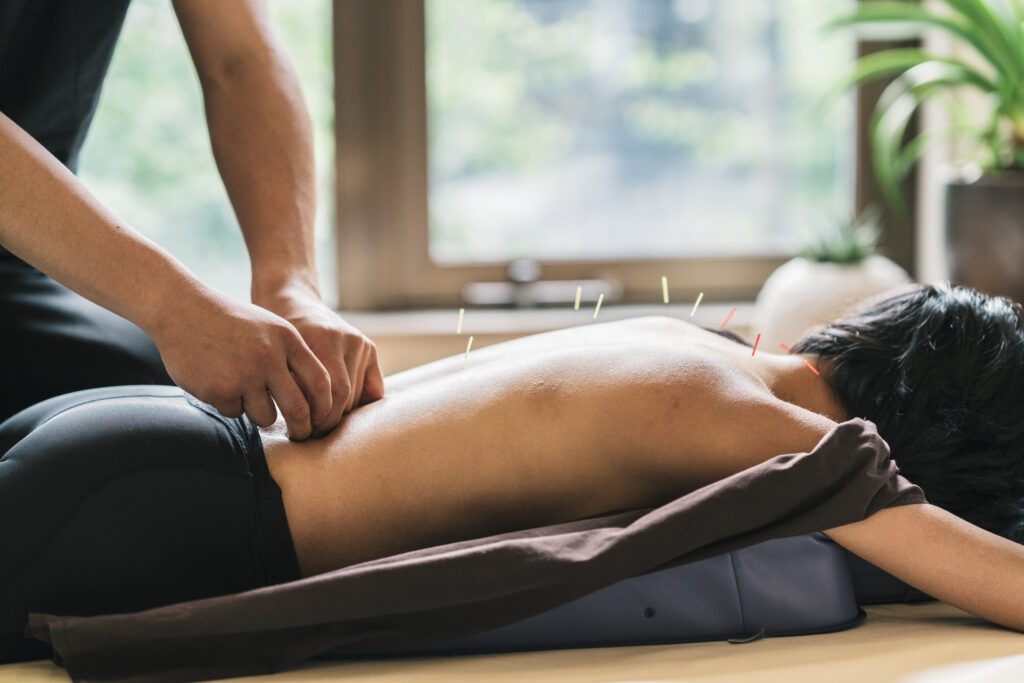
- Promotes circulation: Increased blood flow helps deliver oxygen and nutrients to the affected area, speeding up healing.
- Releases natural painkillers: Acupuncture triggers the release of endorphins and serotonin, which reduce pain and promote a sense of well-being.
- Relieves muscle tension: Tight muscles can contribute to lower back pain, and acupuncture helps release tension in these areas.
- Reduces inflammation: Inflammation is a common cause of chronic pain, and acupuncture helps reduce this inflammation by stimulating the immune system.
Combining Acupuncture with Other Therapies
While acupuncture can be highly effective, many people benefit from combining acupuncture with other forms of treatment, such as physical therapy, yoga, or massage. For instance, acupuncture for auto accident injury can help alleviate pain, reduce inflammation, and promote faster healing This holistic approach can provide more comprehensive relief and address multiple aspects of the pain.
Additionally, acupressure—using manual pressure on acupuncture points—can be an excellent self-care method to complement acupuncture. By learning to apply pressure to key points like UB-23 and LV-3, you can experience lower back pain relief at home between acupuncture sessions.
Is Acupuncture Safe for Lower Back Pain?
Yes, acupuncture is generally considered a safe treatment when performed by a licensed and experienced practitioner. The needles used are very fine and are typically painless when inserted. Most people report feeling relaxed during and after their sessions. However, it’s essential to consult with a healthcare professional before starting acupuncture, especially if you have any pre-existing health conditions or are pregnant.
Final Thoughts
Acupuncture points offer a powerful, natural way to alleviate discomfort, reduce tension, and promote healing. By targeting key areas of the body, acupuncture helps restore balance to the body’s energy flow, leading to significant pain relief. Whether you are dealing with chronic back pain or seeking support for recovery after an injury, acupuncture can be a transformative addition to your treatment plan.
With the right acupuncture treatment you can experience not only relief from pain but also a renewed sense of well-being.


